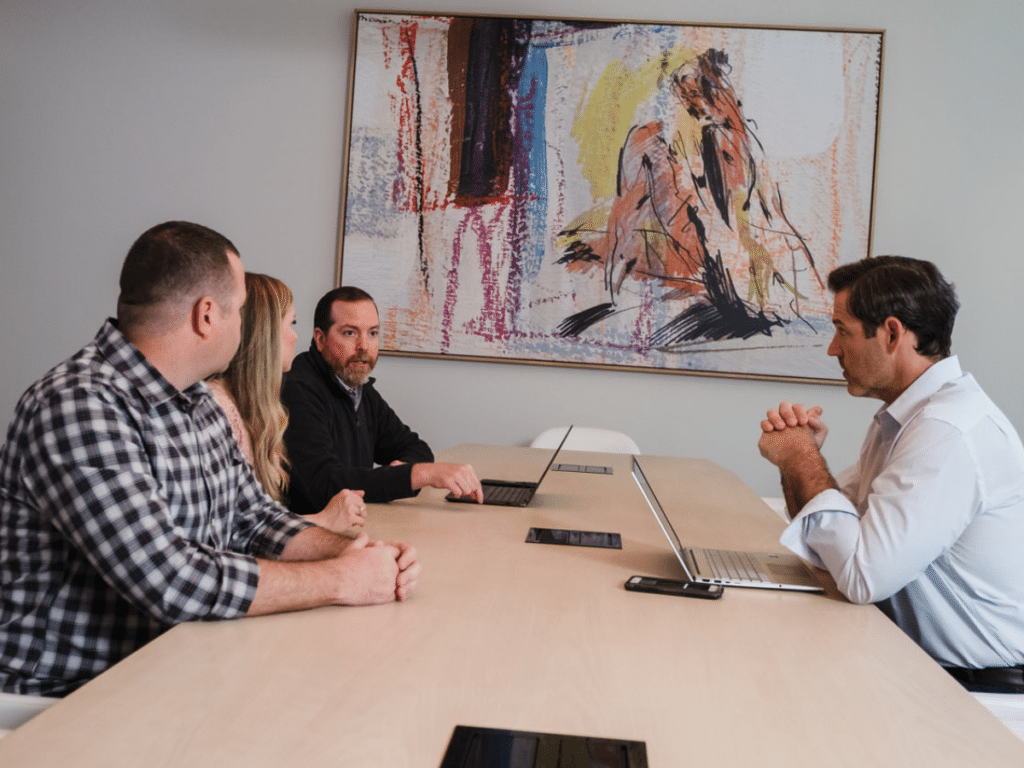Our Framework
Understand.
During this phase, we work to step away from any assumptions and guesses about what
our customers needs, and let our research findings inform our decision-making. We learn more
about our customers, their problems, wants, and needs, and the environment or context in which
they will use the solution we offer.


